AI manga translation company Orange Inc. recently revealed how exactly they incorporated the Artificial Intelligence in their translation and localization processes.
This comes on the heels of the launch of emaqi, their new e-book store tailored for manga enthusiasts in North America.
The launch of emaqi was marked by Orange’s strategic shift towards emphasizing human involvement in localization processes. This shift is evident in the changing tone of their press releases and public statements, focusing more on the human contributors rather than the technology alone.
Highlighting human talent appears to be Orange’s direct response to the criticism over their initial promotion of AI’s role, which sparked concerns among manga fans and professionals about potential degradation in translation quality.
While there was visible confusion as to how exactly Orange Inc. employed AI in their workflow, a recent interview conducted by Deb Aoki for Comics Beat has shed a lot of light on their process.
In the said interview, Rei Kuroda, Vice President of Product at Orange Inc. reassured that human translators play a crucial role in their process.
He stressed that Orange Inc. views itself primarily as a collective of manga fans who prioritize the quality and authenticity of manga localization.
He detailed the process of localizing manga which involved several meticulous steps, beginning with the receipt of digital files from publishers.
The initial stages included removing Japanese text and onomatopoeia from images, which Kuroda revealed was typically handled by AI-assisted tools to ensure speed and accuracy.
Following this, the substantive work of translation began, which can be as varied as the stories themselves.
While in some cases the translation might begin with an AI-generated draft, Kuroda said that this was always refined by human translators who make necessary adjustments to capture nuances that AI may miss.
He stressed that the company will never publish a manga title solely translated by AI, and that retaining the human touch was key to them.
“We also have some cases where we start with an AI-generated translation, and human translators will use that as a starting point to review and make edits or adjustments, if needed. But what is really important for us to emphasize is that we NEVER publish anything that is only an AI-generated translation. There is always some sort of human touch, human review of each manga translation produced by Studio Mikan, as well as all lettering, and all editorial reviews. Rather than relying solely on AI, Orange’s approach is to have human translators, letterers, and editors co-working with this technology, and using AI to streamline processes, but not as a replacement for humans who do manga localization.”
Rei Kuroda to Comics Beat
The VP further likened their AI and human collaboration to dynamic duos such as Nobita and Doraemon, or Luke Skywalker and R2D2, where technology supports human creativity rather than replacing it.
Despite Kuroda’s statements, which is a good news for the community, it does raise questions on the about its initial marketing claims.
emaqi was launched as part of Orange Inc.’s broader strategy to increase the accessibility of manga globally. This platform not only offers titles translated by humans but also offers tailored recommendations. There was a visible change in this part too, as these recommendations, which were initially supposed to be AI curated, were now stated to incorporate inputs from manga influencers too.
Despite the controversies, Orange Inc. will continue to push forward with its broader mission. By doing so, they hope to address a significant bottleneck in the industry— the slow pace of traditional translation which limits the availability of diverse manga outside Japan.
The company’s efforts are set in the larger context of a national initiative to triple Japan’s manga exports through more streamlined translation processes, involving significant investments from major players including Shueisha & Shogakukan.
